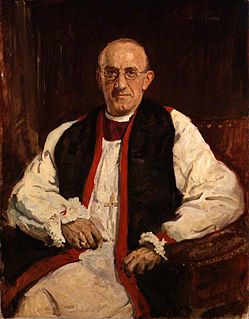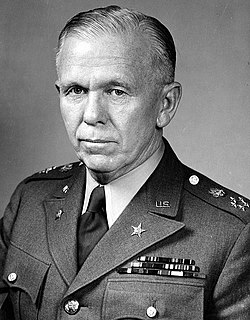A Quote by Lucius Annaeus Seneca
Related Quotes
Crimes were committed to punish crimes, and crimes were committed to prevent crimes. The world has been filled with prisons and dungeons, with chains and whips, with crosses and gibbets, with thumbscrews and racks, with hangmen and heads-men — and yet these frightful means and instrumentalities have committed far more crimes than they have prevented.... Ignorance, filth, and poverty are the missionaries of crime. As long as dishonorable success outranks honest effort — as long as society bows and cringes before the great thieves, there will be little ones enough to fill the jails.
[W]hich category of crimes does the State pursue and punish most intensely? [T]hose against private citizens or those against itself? The gravest crimes in the State's lexicon are almost invariably not invasions of private person or property, but dangers to its own contentment, for example, treason, desertion of a soldier to the enemy, failure to register for the draft, subversion and subversive conspiracy, assassination of rulers and such economic crimes against the State as counterfeiting its money or evasion of its income tax.












































